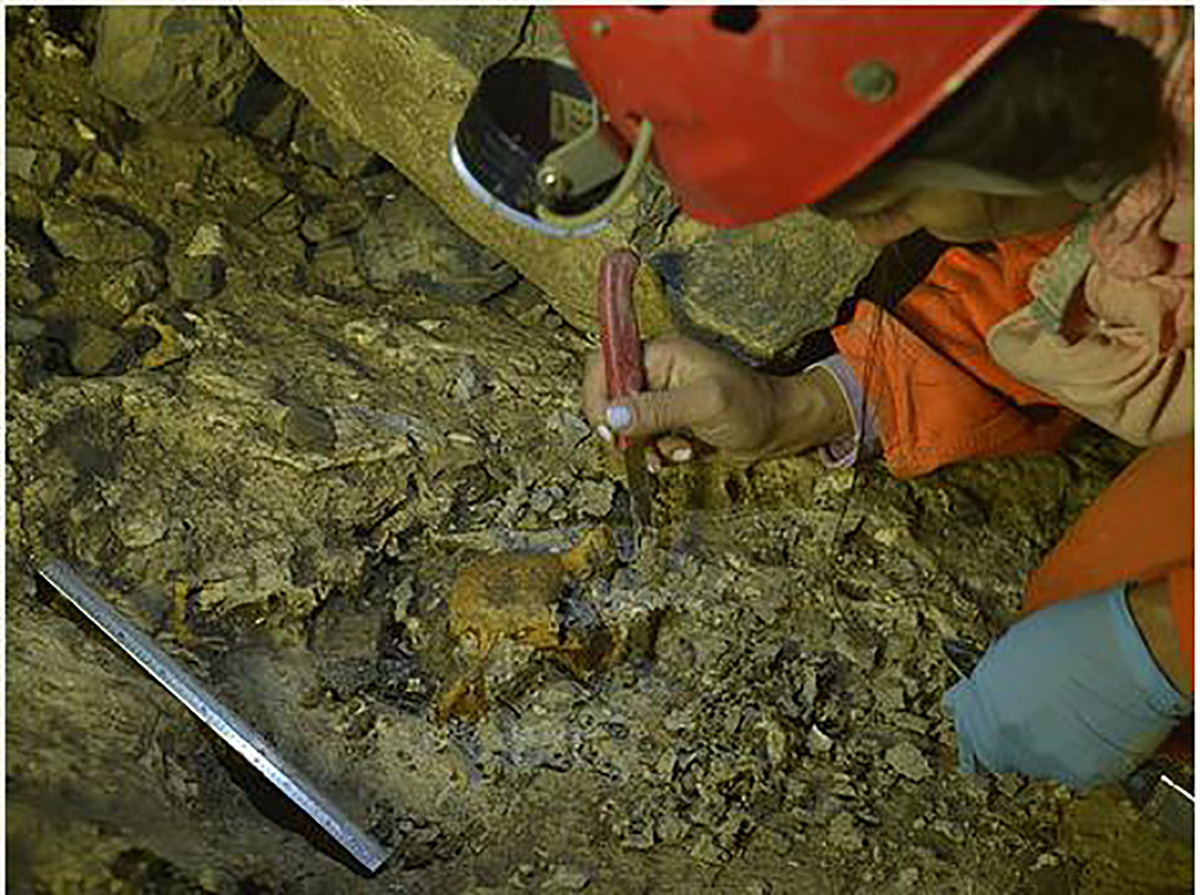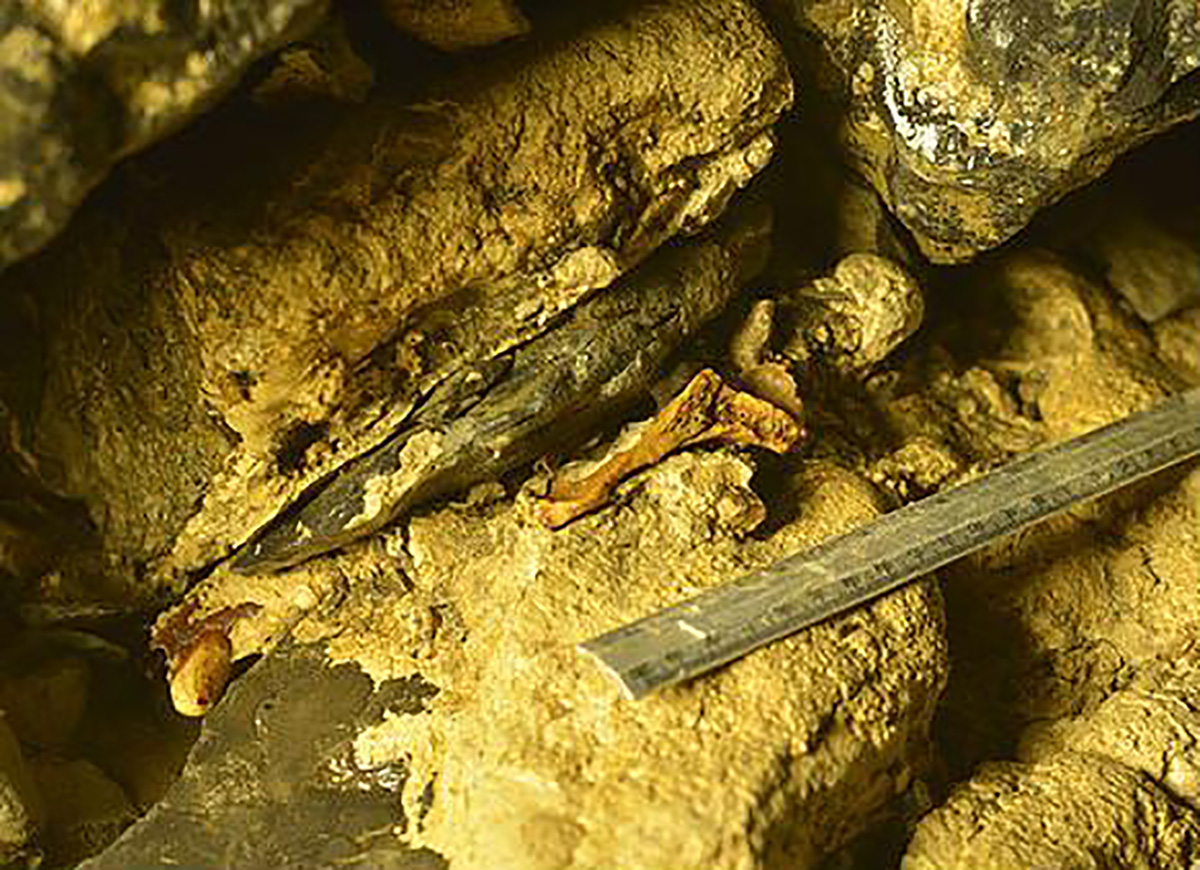A few days ago the Humboldt Institute and UNal announced the discovery of fossils in caves of the municipality of Vélez, Province of Santander.
The discovery initially carried out by Alejandro Sánchez, Andrés Isaza and Juan Carlos Higuera of the Colombian Speleology Society and verified by UNal experts is the first fossil cemetery in Colombia.
After a meeting with the Mayor of the municipality of El Peñón, the Office of the Governor of Santander and the Colombian Geological Survey they agreed to an alliance to carry out the extraction and classification of the remains which include mammal herbivore vertebrae, jaw bones and teeth which are more than five million years old.
The project will begin in 2017 after receiving the funds necessary for the project; this could take more than two years according to UNal researchers.
For the members of the research team, this alliance not only contributes to foster more fossil discoveries in Colombia but also to strengthen ties among the scientific community.
A communiqué issued by the Humboldt Institute says the agreement substantiates the urgency to unite around research opportunities and gather different types of knowledge to feed the Colombia biodiversity library and protect the geological, paleontological, ecosystemic, archeological and landscaping wealth of the country.
The discovery
The remains were documented by the UNal Neotropical Mammal Evolution and Ecology Research Group and the Humboldt Institute, within the framework of a Colombia Bio expedition, the office of the Presidency of Colombia and the Applied Biodiversity Foundation.
The fossils discovered while characterizing fauna outside the cave in the Province of Santander belong to the Plio-Pleistocene era.
This area of Colombia is known for its great rock ecosystems which have large cavern systems with water sources and corridors, etc.
These caves have significantly contributed to the tourism growth of the area, making this discovery a great opportunity to strengthen this market and attract more Colombians to become cognizant of the archeological history of their country.
 Correo Electrónico
Correo Electrónico
 DNINFOA - SIA
DNINFOA - SIA
 Bibliotecas
Bibliotecas
 Convocatorias
Convocatorias
 Identidad UNAL
Identidad UNAL





